I lost count long ago of the number of dinner parties and pub conversations where I’ve had to utter the humiliating words, ‘Actually I haven’t seen Breaking Bad.’ The social isolation became even more shaming when my 81-year-old mother rang to ask me if I’d heard of the show and to explain how much she loved it. (‘But isn’t it very violent, Mum?’ I said. ‘Yes,’ she replied.) All of which means that I can approach Better Call Saul (Netflix) with what I like to think of as stern critical neutrality — rather than, say, ignorance.
The main character is, or will become, Breaking Bad’s Saul Goodman, who, from a mixture of cultural osmosis and Google, I know to have been a crooked lawyer, last seen heading to a new life in Nebraska. He clearly got there too, because the opening black-and-white sequence showed him looking depressed in Omaha: by day, mournfully working in a cake shop; by night, mournfully drinking scotch and Drambuie as he watched videotapes of his old adverts.
But this was deceptive, since — as you probably know by now — the series as a whole is a prequel to what fans apparently like to call BB. And so, with a Wizard of Oz-style burst into colour, we joined the man in his days as a spectacularly down-at-heel attorney, still going by his real name of Jimmy McGill, six years before he turned into the Saul that everybody seems to know and love.
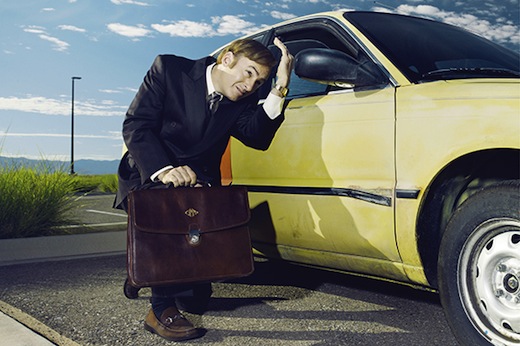
In fact, the programme’s obvious confidence in the existence and enthusiasm of its viewers shone through the two episodes available so far (a new one will be added every Tuesday). Both resembled a TV version of the early chapters in the sort of novels written by authors who know they already have a loyal readership — and can therefore go about their business without any desperate need to ingratiate.
That opening black-and-white sequence, for example, lasted eight minutes and was entirely free of dialogue. Then, when Jimmy (Bob Odenkirk) did finally speak, it was at some length, as he tried to persuade a jury to show his clients mercy, on the grounds that we all do crazy things when we’re 19 — which sounded convincing enough until the court was shown a video of what those clients had done: breaking into a morgue, decapitating a corpse and having sex with the head. Having duly lost the case, Jimmy failed to get his small fee increased, failed to get free parking at the courthouse, and failed to get clearance on a credit card to buy flowers for a prospective client. (‘The key word is “classy”. Use only flowers that look expensive but, you know …aren’t.’)
What was most striking here was the programme’s perfect control of tone. In some shows, such scenes might have played for broad laughs, broad pathos or both. In this one, they were presented almost deadpan, presumably to emphasise that Jimmy is a man to whom stuff just happens, rather than being one of those mythical creatures, beloved of other TV dramas, with control over their own lives. He did, mind you, have one epiphany while talking to his brother Chuck. ‘Money isn’t beside the point,’ he replied to Chuck’s lofty proclamation of its unimportance. ‘Money is the point.’
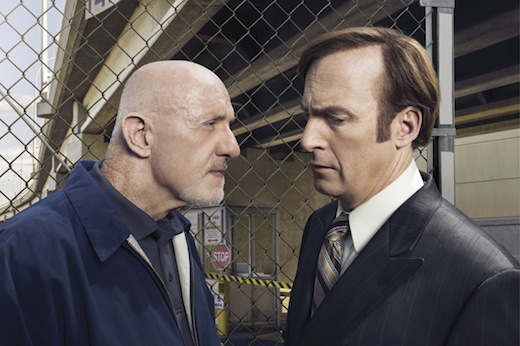
Armed with this insight, Jimmy next tried a less floral plan to reel in his hoped-for client, involving a couple of skateboarders who specialised in hurling themselves across the windscreens of passing cars, pretending to be badly injured and stinging the driver for compensation. Sure enough, the plan didn’t go well — not least because the skaters scammed the wrong car. (The one they did scam will, I now realise, be of great interest to BB fans, but I’ve had to sign something promising not to reveal why.) And with that, a temporarily chastened Jimmy returned to the police courtroom for a neat montage of dispiriting cases. Only at the end of episode two did he get a glimmer of a way out — and the series, the glimmer of a plot.
Odenkirk is undeniably brilliant at showing us Jimmy’s constant alternation between effortful self-confidence and effortfully concealed self-doubt. He also has a rare ability to combine the hangdog expression of a long-time loser with real charisma. Yet, given that Better Call Saul is barely clearing its throat at this stage, it’s not easy to deliver any kind of conclusive verdict on the series itself. So far, I’d say, the result is somewhere between intriguing and extremely good, although perhaps almost too controlled, too sure of what it’s up to and the effects it’s producing, to yet be touched with greatness. Instead, and somewhat unexpectedly after listening to all those Breaking Bad fans, it feels a bit like the box-set equivalent of a (very) well-made play.
Got something to add? Join the discussion and comment below.
Get 10 issues for just $10
Subscribe to The Spectator Australia today for the next 10 magazine issues, plus full online access, for just $10.
You might disagree with half of it, but you’ll enjoy reading all of it. Try your first month for free, then just $2 a week for the remainder of your first year.

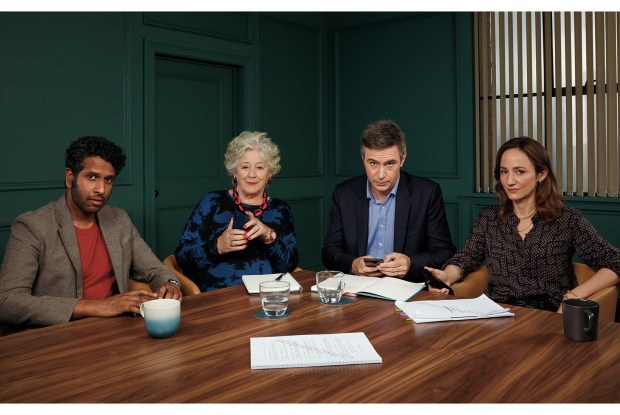
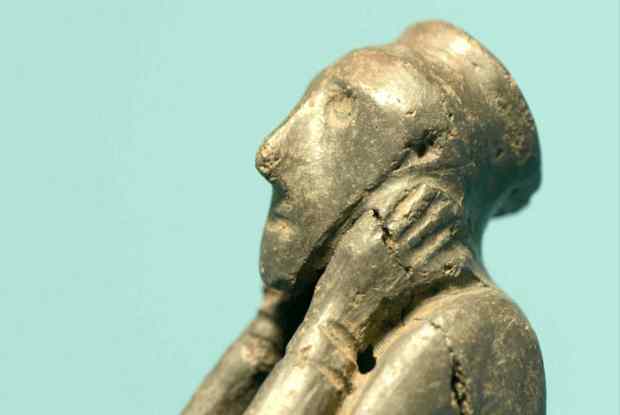

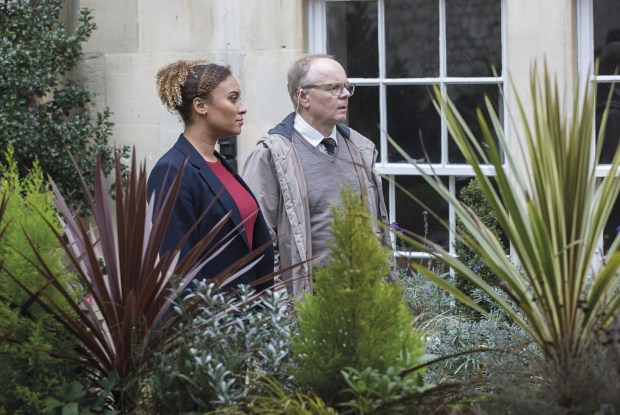

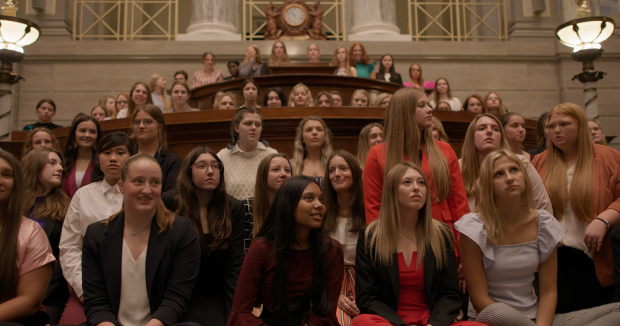






Comments
Don't miss out
Join the conversation with other Spectator Australia readers. Subscribe to leave a comment.
SUBSCRIBEAlready a subscriber? Log in